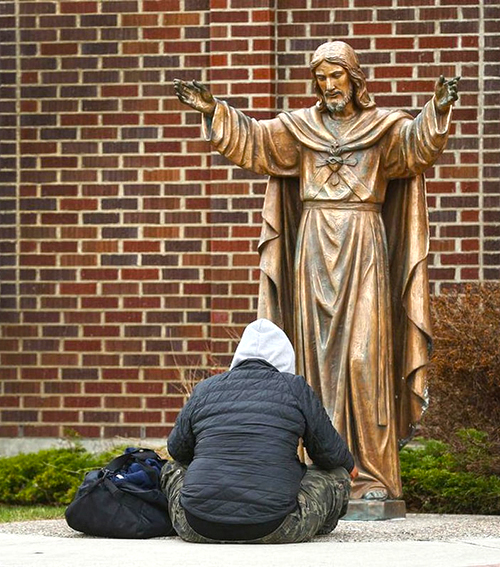
Even with the best intentions and no malice inside us, even when we are faithful, we sometimes cannot avoid hurting each other. Our human situation is simply too complex at times for us not to wound each other. Fr. Rolheiser opens up his writing on inadequacy, hurt, and reconciliation with this thought-provoking statement. We hurt each other; sometimes through selfishness, sometimes through carelessness, sometimes through infidelity, sometimes through cruel intention, but sometimes too when there is no selfishness, no carelessness, no betrayal, no cruelty of intention – but only the cruelty of circumstance, inadequacy, and human limit. We sometimes hurt each other as deeply through being faithful as through being unfaithful, albeit in a different way. But irrespective of whether there’s a moral fault, betrayal, or intended cruelty, there’s still deep hurt, sometimes so deep that no healing will take place on this side of eternity. It would be ideal if each of us could explain ourselves so fully that we would always be understood and forgiven and that all of our lives could end like a warm-hearted movie where, before the closing credits, everything is understood and reconciled. Jesus died being looked at as a criminal, as a religious blasphemer, as someone who had done wrong. His offer of reconciliation was like a letter returned unopened, accompanied by a bitter note. I once visited a young man who was dying of cancer at age 56. Already bedridden and in hospice care, but with his mind still clear, he shared this: “I am dying with this consolation: If I have an enemy in this world, I don’t know who it is. I can’t think of a single person I need to be reconciled with.” Few of us are that lucky. Most of us are still looking at some envelopes that have been returned unopened.









